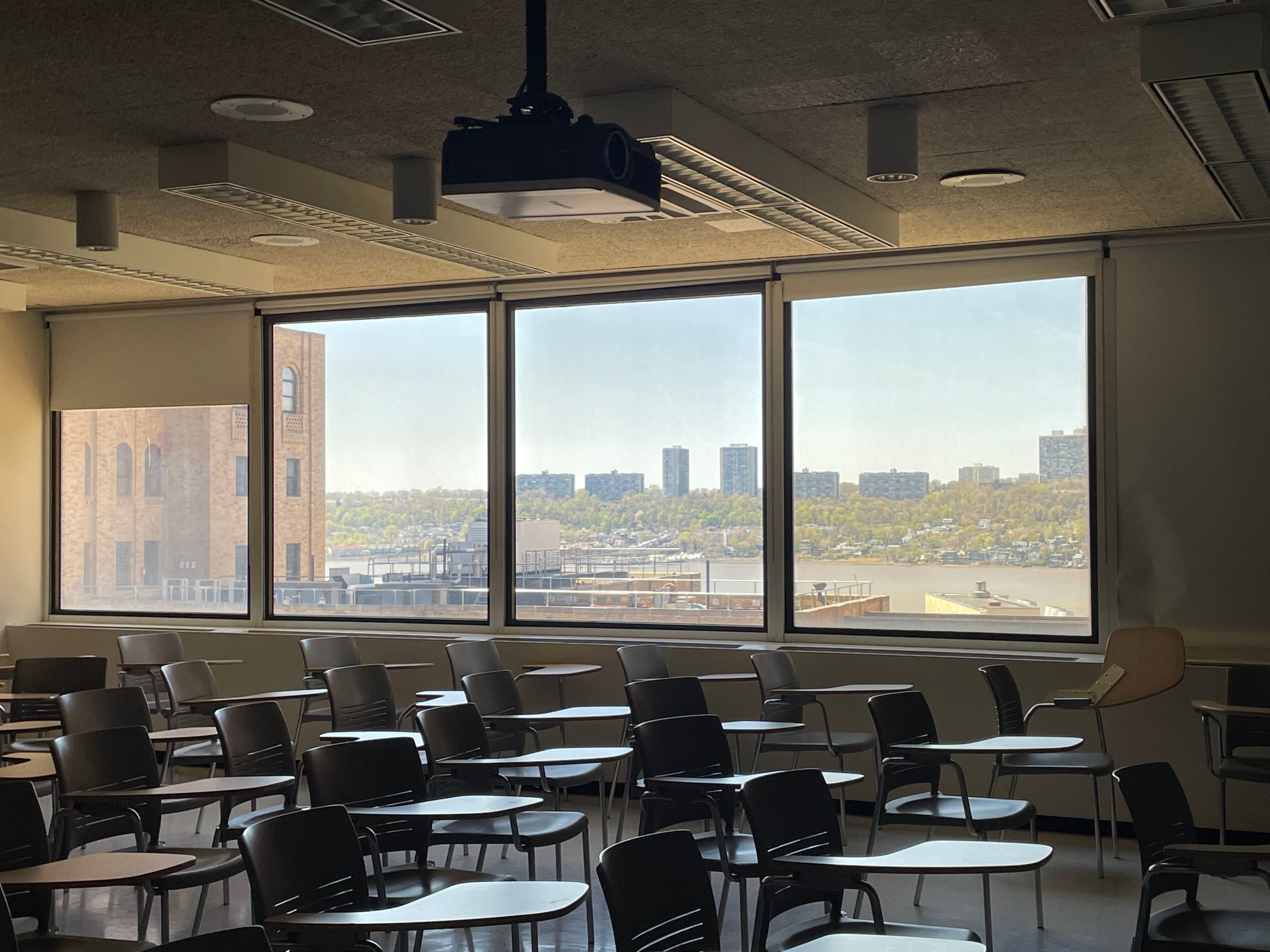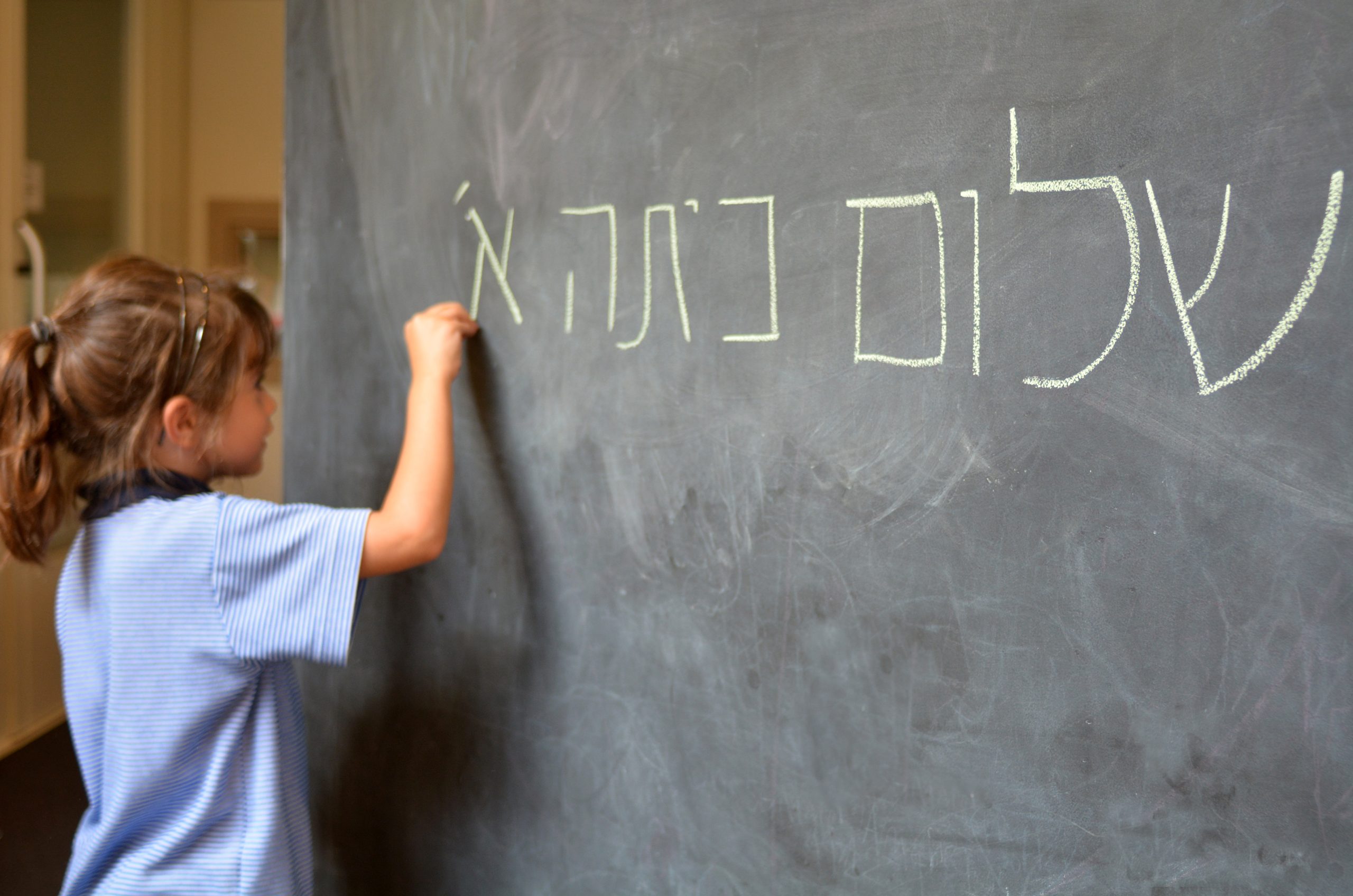I am a rebbe in a Jewish Day School in the Tri-State area, and I am blessed to be a teacher for Jewish children. From the top down, the day school’s leadership fosters a growth-oriented environment and provides mentorship, guidance, and training to its Judaic and General Studies staff.
We were privileged to have OHEL—a social services organization that maintains a national trauma center—visit my school to train teachers in trauma-sensitive teaching. In my initial intake meeting, the OHEL facilitator asked me to describe anything I found traumatic about teaching. My impression was that this was crafted as a trivial introductory question, one I was supposed to answer with some generic COVID-related anecdote, or one meant to prompt me to mention a particularly thorny student issue so that we could segue into more relevant questions about trauma-sensitive teaching. But I decided to answer her question honestly.
Speaking off the record, I disclosed that what’s traumatic for me about teaching is not the classroom and it’s not the parents. Teaching Jewish children is one of my greatest joys, and it is one of the great privileges of my life to partner with heroic Jewish parents who charge Jewish Day Schools with the sacred task of giving their children a Jewish education.
What’s really traumatic about teaching is that, with my salary, I can barely pay my bills.
I don’t know how I am going to pay my credit card every month. How am I going to pay my tuition balance in the very same school that I teach? How am I supposed to cover the $750 registration fee? It’s traumatic that the day school wants to support teachers, but they think that the trauma comes from the classroom. Quite the contrary. The classroom is where the challenge, joy, mystery, and Yiddishkeit are. The trauma is being a ba’al chessed for others while not having enough to take care of my own family with dignity. What is traumatic is that I give my heart and soul and everything I have to teach the children with joy, sweetness, and rigor, while at home I need help to cover my own bills.
As a rebbe, I have no systematic data on the salaries for Jewish educators, and I imagine it varies from community to community. What I do know is that my wife and I are Jewish educators, and together we take home about $75,000 a year after taxes. Our family’s tuition and child care bill is about $40,000 a year—and that’s not including the most basic living expenses for mortgage, utilities, food, dentist visits, life insurance, and diapers. But how does my family foot that $40,000 figure for tuition and child care? It’s a combination of three factors. First, some day schools discount tuition for families in Jewish education. Second, some of our family is in a position to help us. And third, the day school’s tuition committee provides tuition relief—which leaves me feeling deeply embarrassed and uncomfortable when they press me on why I couldn’t do any better. After that help, we are covering about $20,000 of our tuition and child care. The rest of our income goes to basic expenses like those mentioned earlier. In short, we are getting by because we are blessed to have family and a community that helps us. I imagine not everyone can say the same.
The facilitator wrote down what I shared and said there are organizations working on it. I sincerely hope there are, because even if someone is passionate about teaching Jewish children, they should know that, at least in the Tri-State area, it is impossible to live on a rebbe’s salary as a primary income without receiving help from family and community, and living very simply.
My wife makes more sacrifices than I do. Not buying a suit in five years matters much less to me than not being able to afford the sheitel that she really wants and continuing to wear the fall she got when we first married. But she still has much, much more emunah (faith) and bitachon (trust) in Hashem than I will ever have. Our finances make her much less nervous than me, and she is confident that the money will come. She says we are taking care of His children, so He will take care of ours. My faith in Hashem is not as strong, so when I see a $4,000 credit card bill, I put my tail between my legs and start to think of who to call for help because I cannot take care of my family on my own. I am so grateful to all of the people in my life that help my family stay afloat and continue this journey, but I wish it didn’t need to be that way.
I often wonder what the plan is for Jewish education, especially in the Tri-State area. Would you go into Jewish education if the sales pitch was you will have the chance to touch eternity, to make a difference for Klal Yisroel, and help raise the next generation of the Jewish people, but you will need to make heavy financial sacrifices, including struggling to cover your own children’s tuition to the level of qualifying for government support? And this is with your parents and/or in-laws helping you out a great deal. Is it a wonder that there is a shortage of good teachers in Jewish day schools? Who would want to subject their family to this?
This is my story—and I imagine it’s one similar to Jewish educators across the world. To those who care deeply about Jewish education, please help us stay in the classroom and continue to teach Jewish children. For Jewish day schools to be staffed with dynamic, qualified, and devoted educators, we need more competitive salaries and benefits, tuition discounts, and an understanding that our financial struggles are a reality in need of fixing.




































